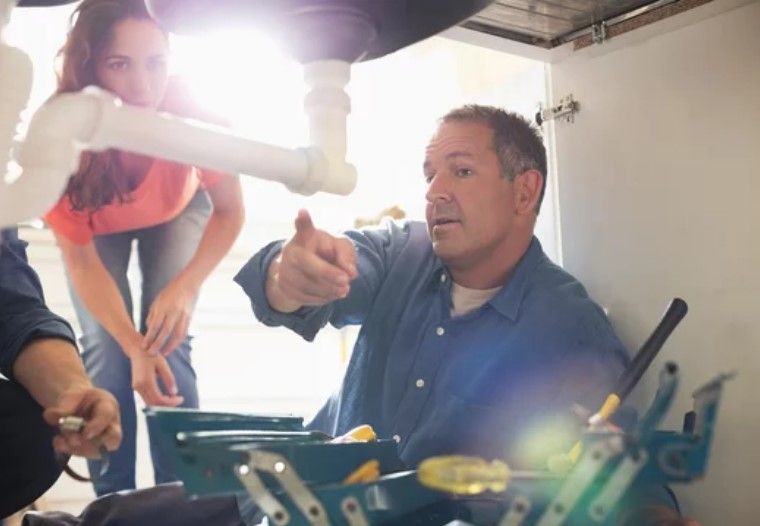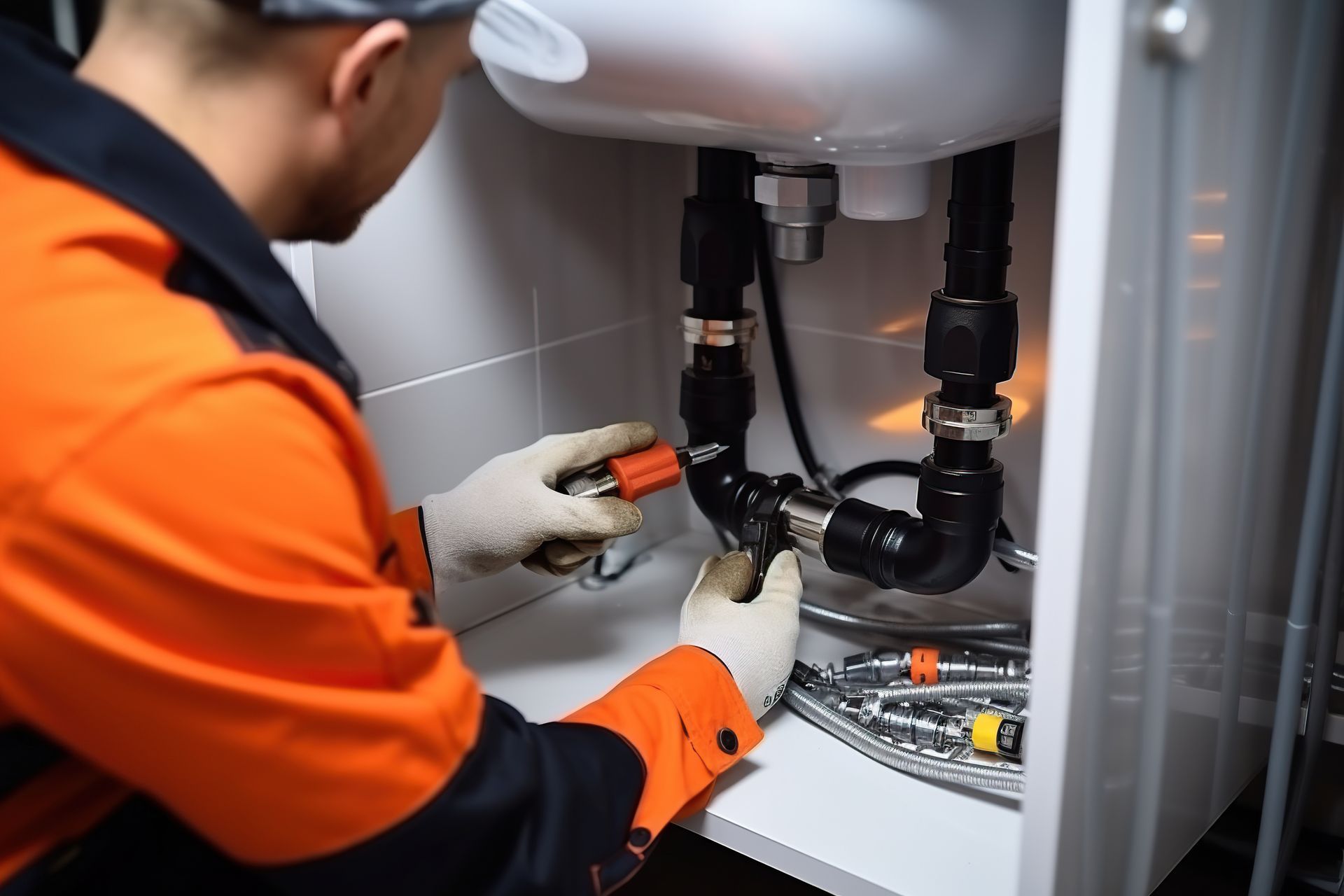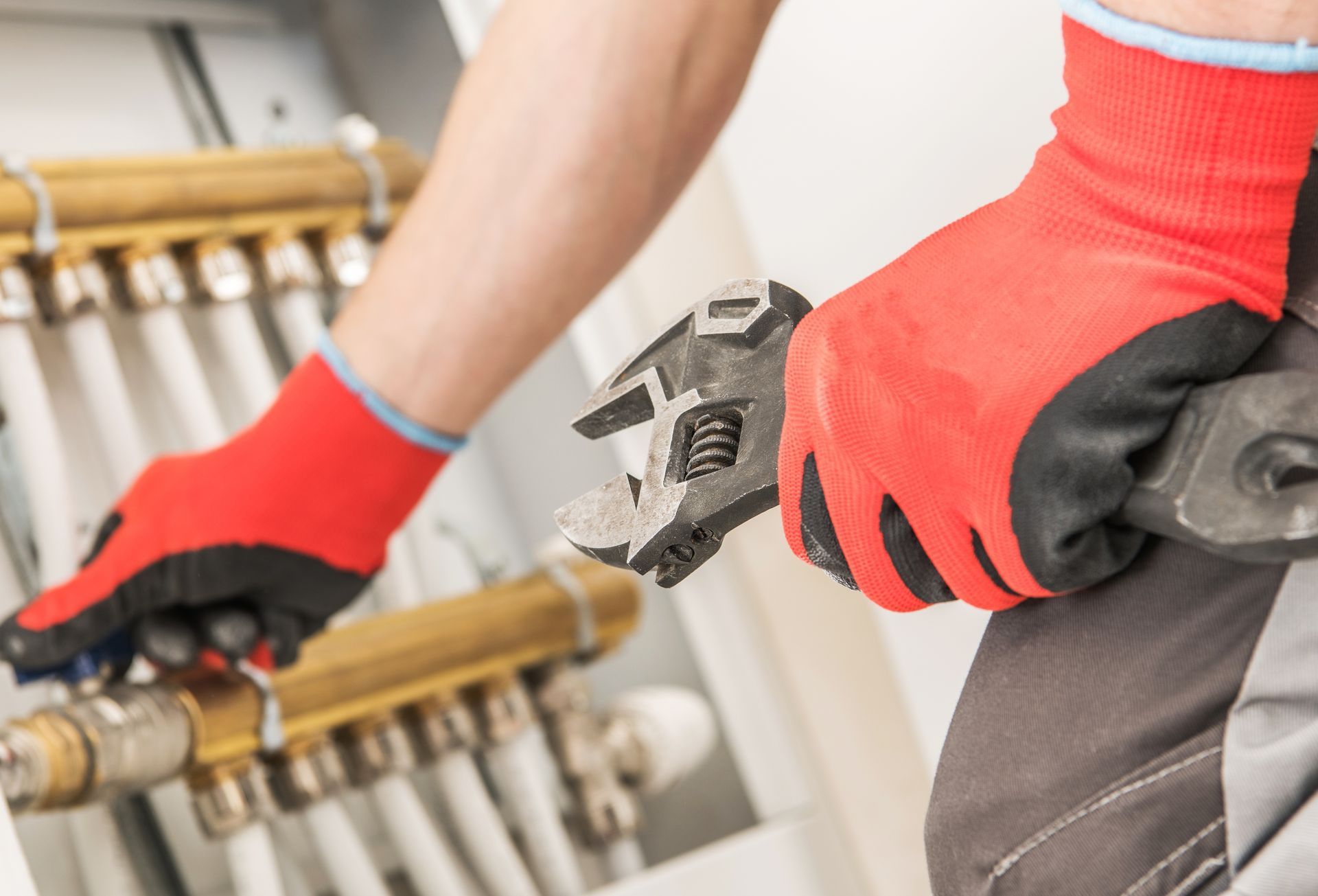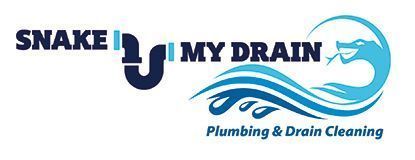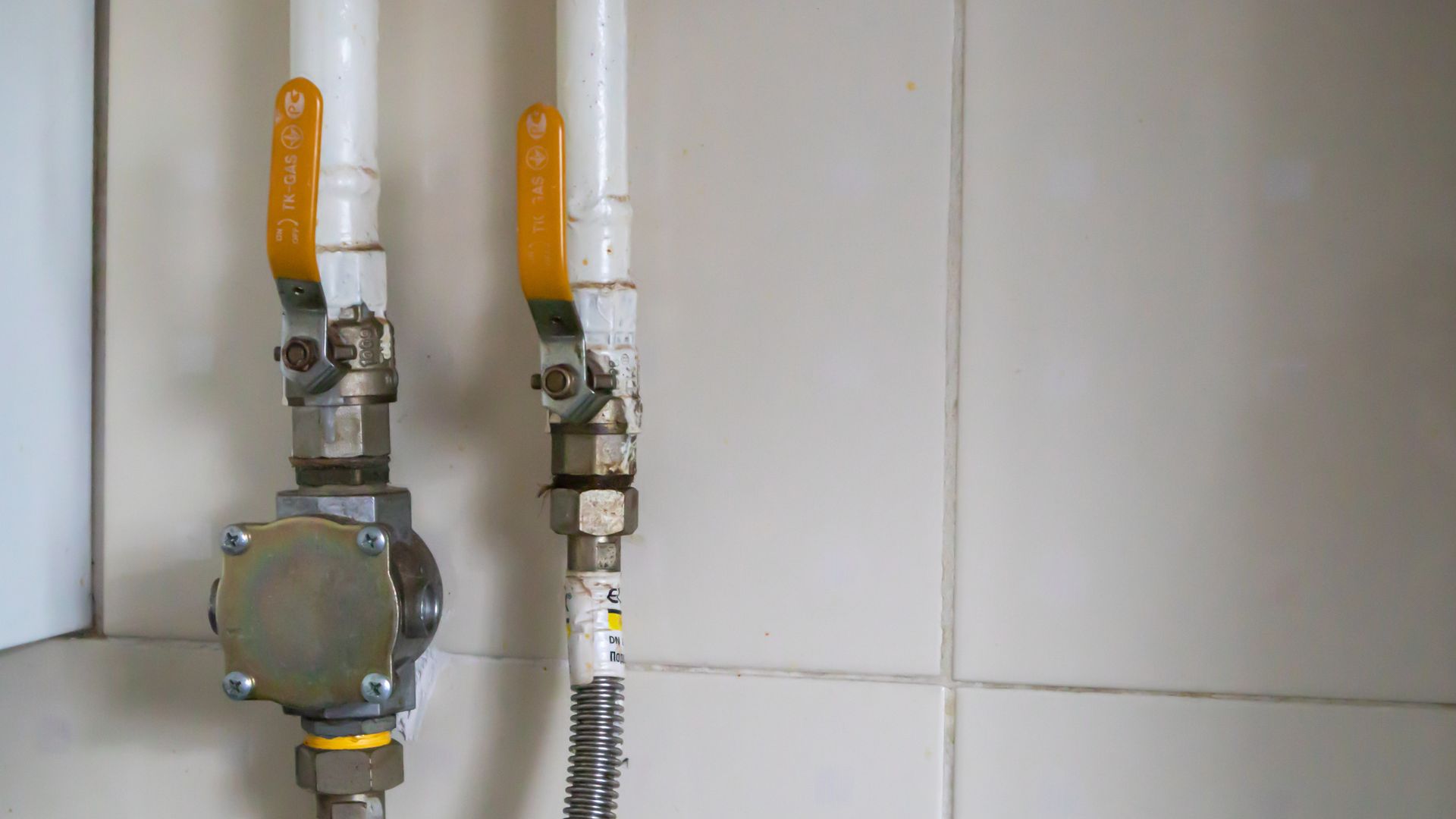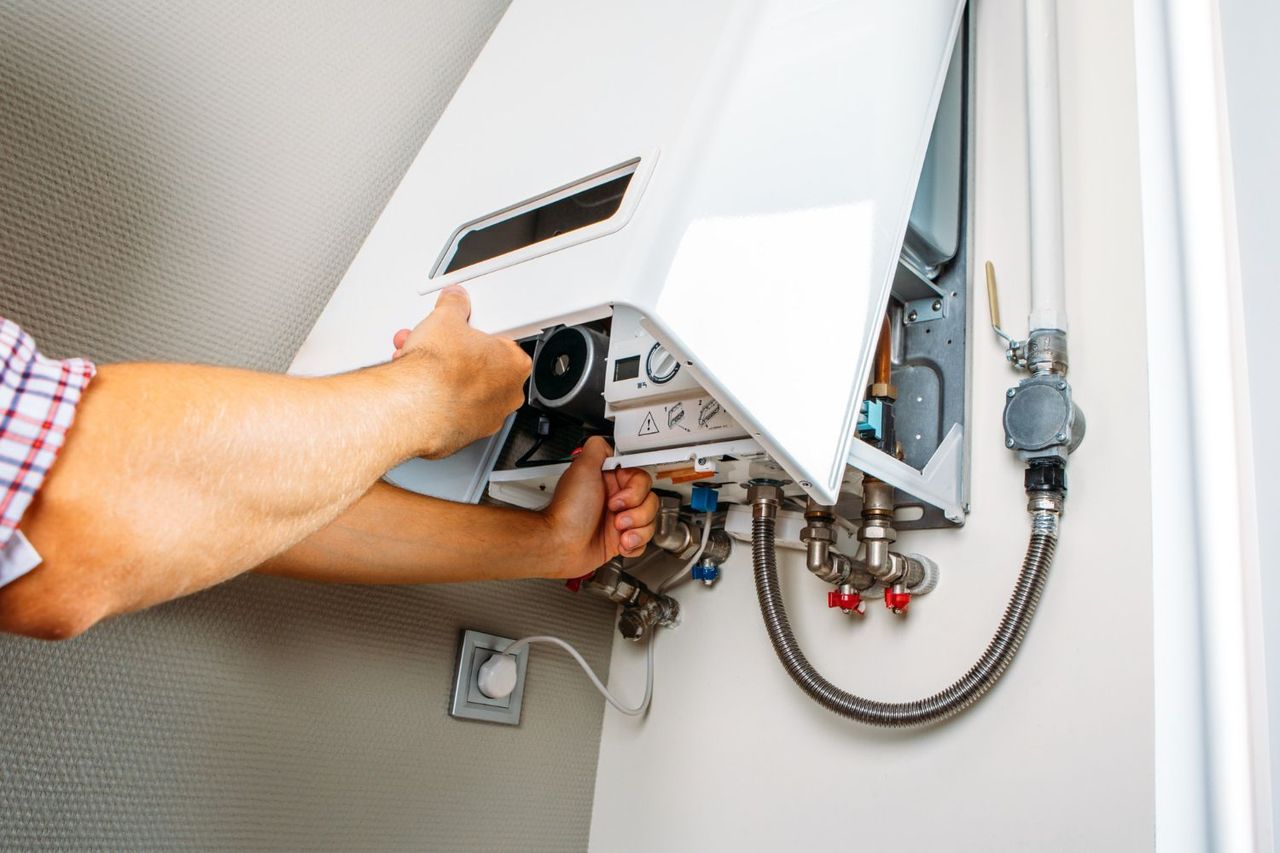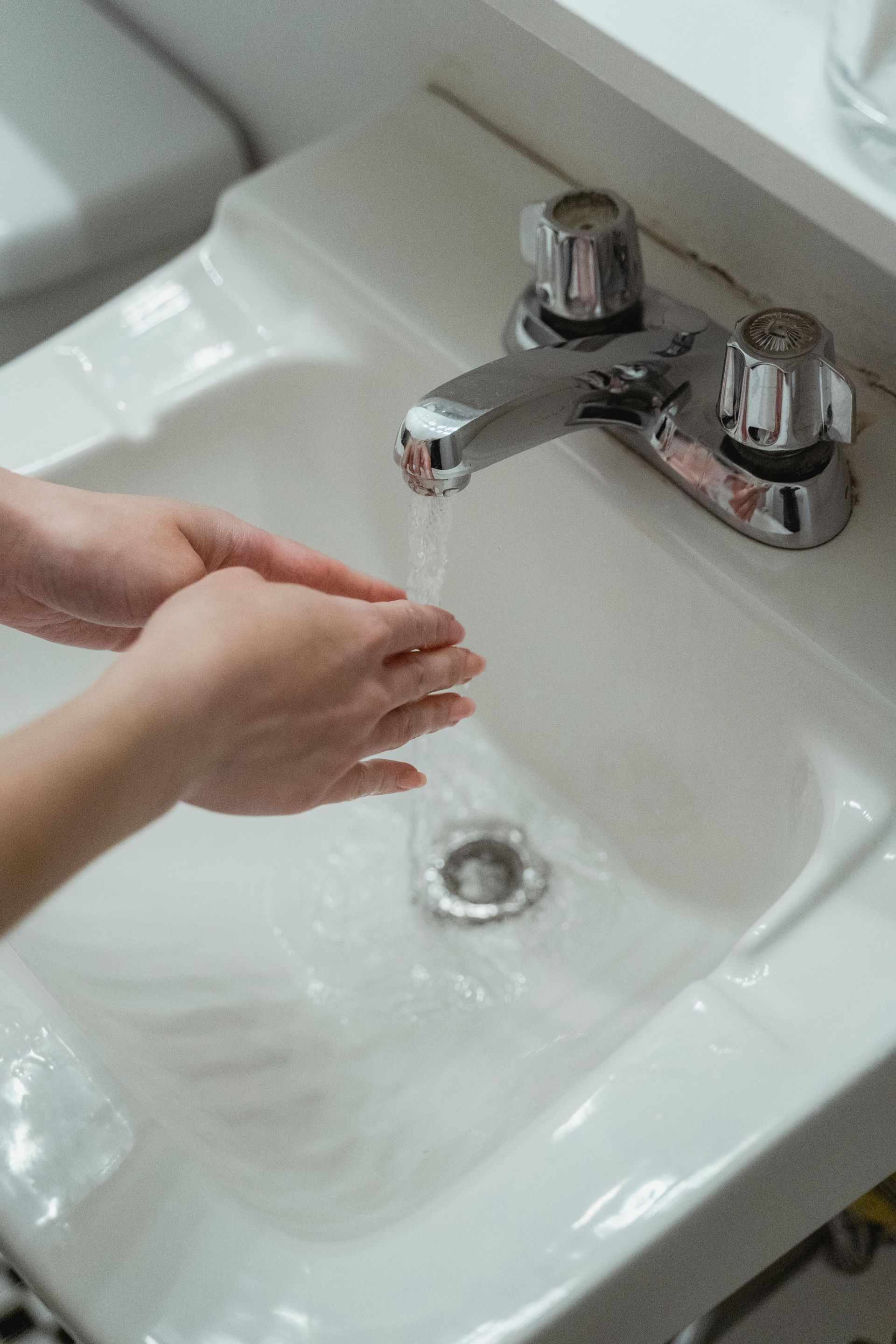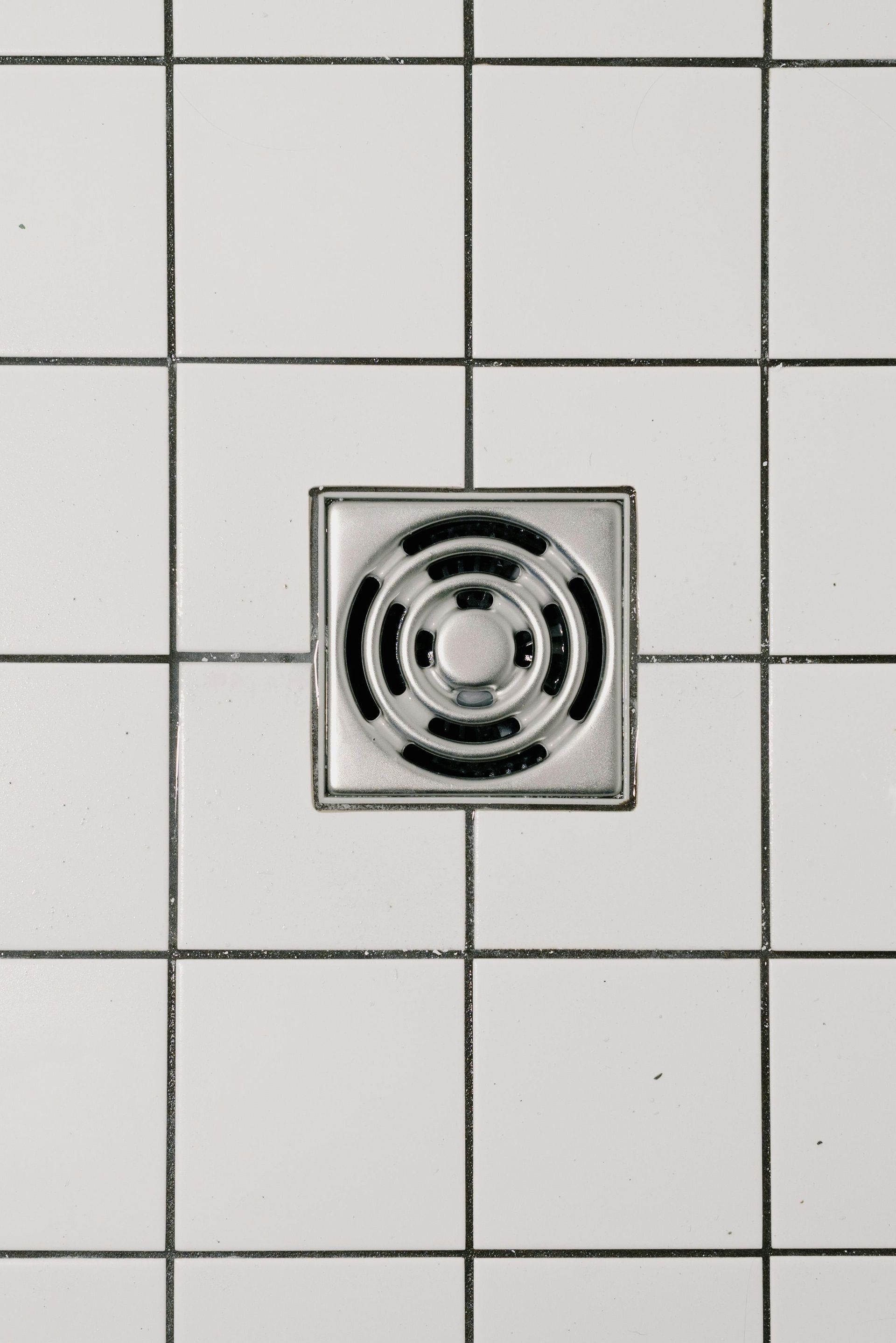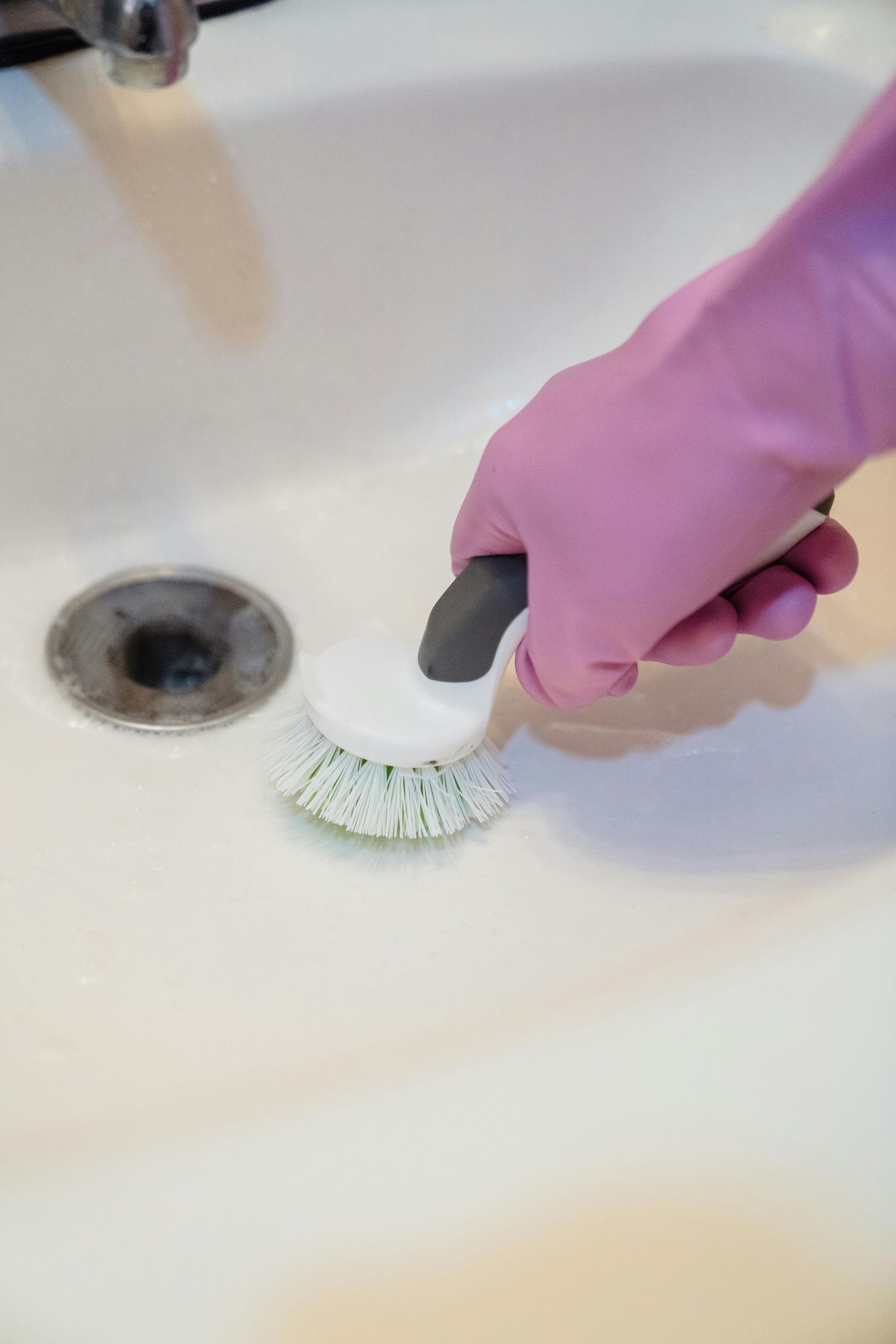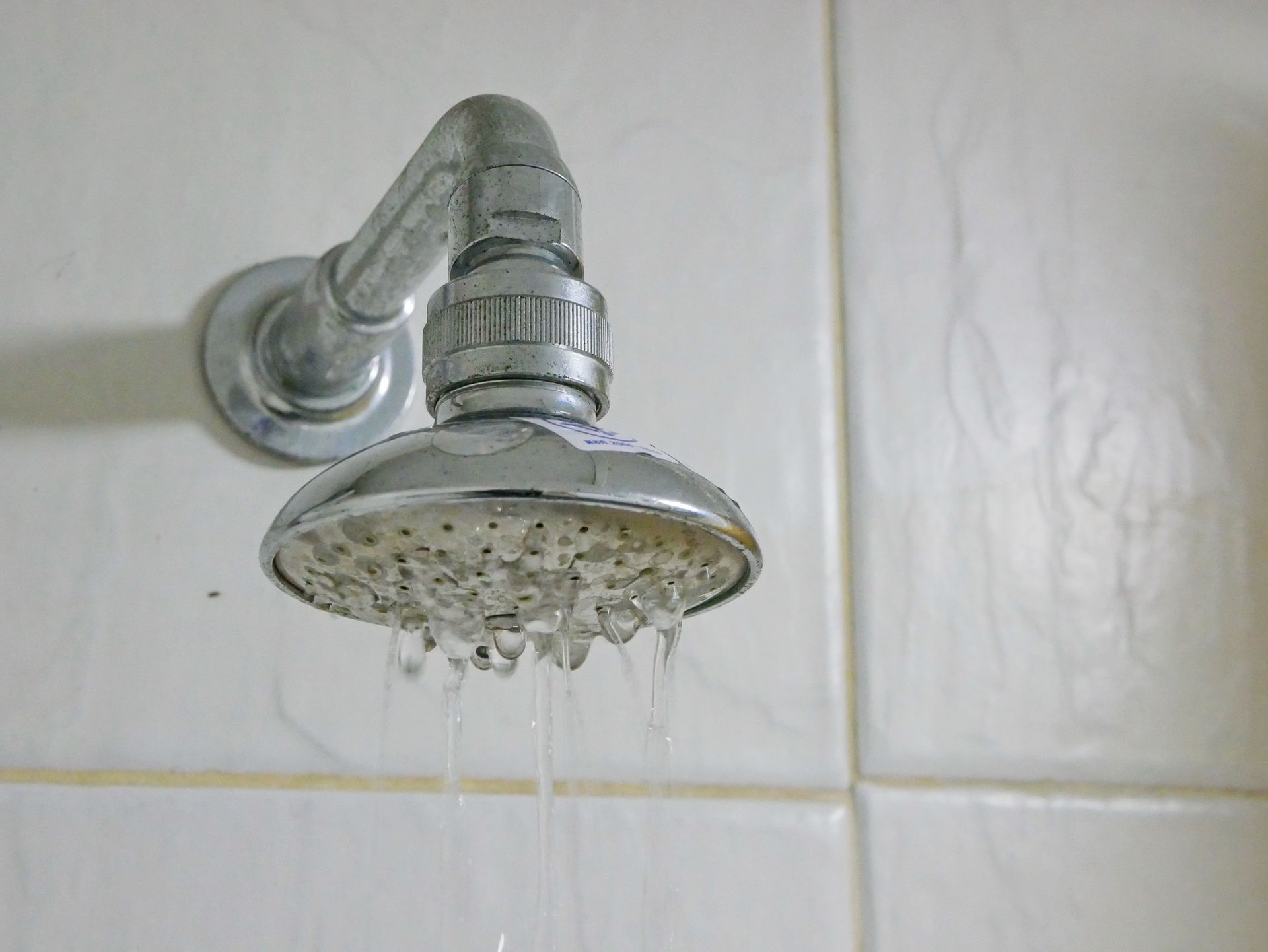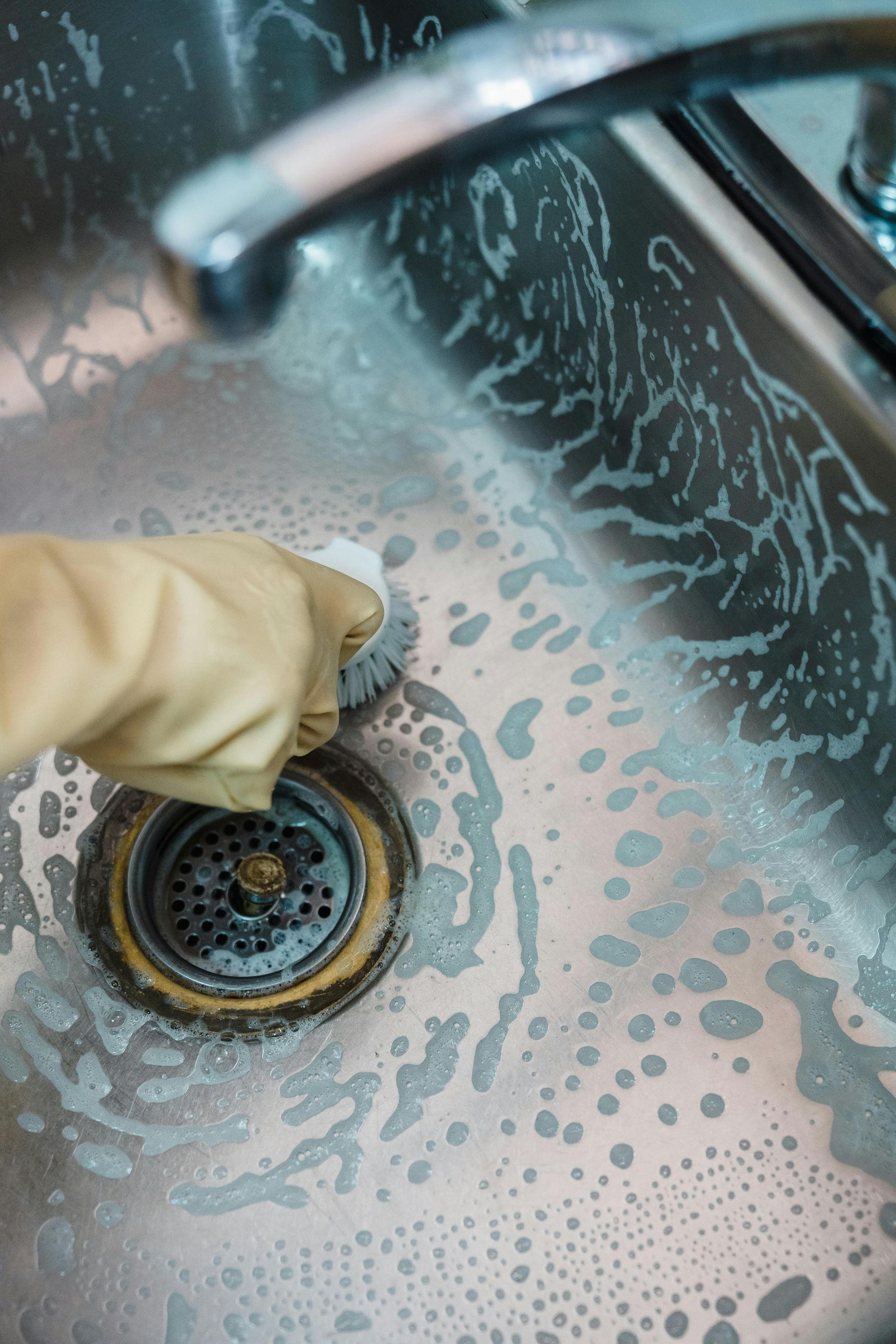Don't Flush Your Money Down the Drain: Preventing Costly Plumbing Repairs in Your Home
In the hustle and bustle of daily life, we often take our plumbing systems for granted. From flushing toilets to running showers, we rely on these essential features of our homes without giving them a second thought. However, when a plumbing issue arises, it can quickly become a homeowner's worst nightmare, not to mention a costly one. In fact, the average cost of a plumbing repair in the United States is over $500, according to HomeAdvisor. But fear not, there are steps you can take to prevent these expenses and keep your home's plumbing running smoothly. In this blog post, we'll share some valuable tips on how to avoid costly plumbing repairs in your home.
Regularly Check for Leaks
Did you know that a tiny leak in your home's plumbing system can waste up to 9,000 gallons of water per year? Apart from the environmental impact, this can also add up to a significant increase in your water bill. That's why it's crucial to regularly check for leaks in your home's plumbing. Here are some ways you can detect and prevent leaks:
- Keep an eye out for any visible signs of water leakage, such as puddles or wet spots on walls, ceilings, or floors.
- Check your water meter before and after a two-hour period where you won't be using any water. If the reading has changed, it's likely that you have a leak somewhere in your home.
- Inspect your faucets and showerheads for any drips or leaks. Even a small drip can become a big problem if left unrepaired.
- Don't forget about your toilet! A leaky toilet can waste up to 200 gallons of water per day, so test for leaks by placing a few drops of food coloring in the tank. If the color appears in the bowl without flushing, you have a leak that needs to be fixed.
Properly Maintain Your Drains
One of the most common causes of plumbing issues is clogged drains. A clogged drain can lead to backups, slow drainage, and even burst pipes if left untreated. To avoid this, here are some tips on how to properly maintain your drains:
- Use a drain strainer to catch hair, food particles, and other debris before they go down the drain.
- Avoid pouring grease or oil down your kitchen sink. Instead, pour them into a separate container and dispose of them in the trash.
- Run hot water down your drains once a week to prevent build-up and keep them flowing smoothly.
- Don't use chemical drain cleaners, as they can damage your pipes. Instead, opt for natural alternatives such as baking soda and vinegar or a plumbing snake to remove clogs.
Get Professional Inspections
While regular maintenance goes a long way in preventing plumbing issues, it's also essential to have your plumbing system professionally inspected from time to time. A licensed plumber can catch any potential problems early on and provide necessary repairs or replacements before they turn into costly emergencies. Here are some guidelines for getting professional plumbing inspections:
- Schedule an inspection every 2-3 years, or more frequently for older homes.
- Make sure the plumber is licensed and experienced.
- Ask for a written report of the inspection with any recommendations for repairs or replacements.
- Don't skip this step when purchasing a new home. A plumbing inspection can potentially save you thousands of dollars in unforeseen repairs in the future.
Avoid DIY Disasters
In this day and age, it's tempting to try and fix household issues ourselves with a quick Google search and a trip to the hardware store. However, when it comes to plumbing, it's best to leave it to the professionals. DIY plumbing attempts can often lead to more significant issues and, in some cases, cause damage to your home. Here's why you should avoid DIY plumbing:
- Lack of proper tools and equipment- plumbers have specialized tools and equipment to handle various plumbing problems effectively.
- Inexperience- what may seem like a simple repair can quickly become complicated and cause more damage if you don't know what you're doing.
- Safety hazards- dealing with pipes, valves, and other plumbing components can be dangerous if you don't know what you're doing, leading to injuries and additional expenses.
Be Mindful of What You Flush or Pour Down Your Drains
It's essential to be mindful of what goes down your drains and toilets. Many items that may seem harmless can cause significant problems, including clogs, backups, and damage to your plumbing system. Here are some things to avoid flushing or pouring down your drains:
- Grease and oil- these substances can solidify and cause clogs in your drains.
- Wipes or feminine hygiene products- while these may be labeled as "flushable," they don't break down and can lead to clogs and backups.
- Food scraps- large food particles can clog your kitchen sink drain, while items such as pasta or rice can expand and cause blockages.
- Hair- use a drain strainer to catch hair before it goes down the drain.
Contact Us for Expert Plumbing Services in Milford, CT
Don't wait until you have a plumbing emergency; take preventative measures to avoid costly repairs in your home. And if you do have a plumbing issue, trust the expert team at Snake My Drain Plumbing and Drain Cleaning. Our licensed plumbers have the experience and tools to handle any residential plumbing problem, from leaks to clogs and everything in between. Call us today at (203) 685-9861 for professional, reliable, and affordable plumbing services in Milford, CT, and the surrounding areas.
At Snake My Drain Plumbing and Drain Cleaning, we also offer
commercial plumbing services,
drain cleaning, and
plumbing repairs. Whether you're a homeowner, business owner, or property manager, we've got you covered! Don't let a plumbing issue disrupt your daily routine or cause expensive repairs; give us a call and leave the plumbing to the professionals.
FAQS
How often should I have my home's plumbing inspected?
We recommend scheduling an inspection every 2-3 years, or more frequently for older homes.
What are some common signs of a leak in my home's plumbing?
Look out for visible signs of water leakage, such as puddles, wet spots, or an unexplained increase in your water bill. You can also check your water meter for any changes over a two-hour period when you aren't using any water.
Can I use chemical drain cleaners to clear a clogged drain?
It's best to avoid using chemical drain cleaners as they can cause damage to your pipes. Instead, opt for natural alternatives or call a professional plumber for safe and effective solutions.
Should I attempt to fix plumbing issues myself?
No, we strongly advise against DIY plumbing attempts. Lack of proper tools, inexperience, and safety hazards can lead to more significant problems and additional expenses.
Are there any items I should avoid flushing or pouring down my drains?
Yes, avoid flushing or pouring grease/oil, wipes, food scraps, and hair down your drains to prevent clogs and potential damage to your plumbing system.
